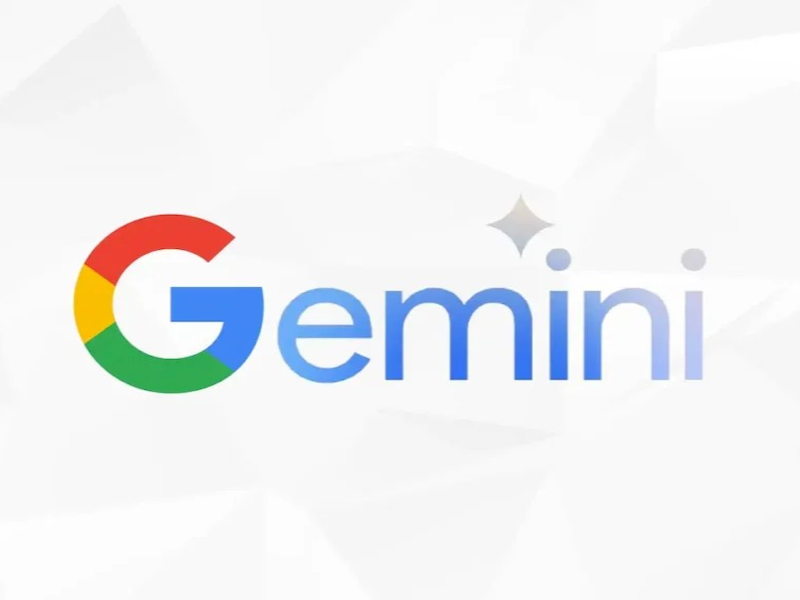- Google’s recent ad showcasing its AI tool generating a fan letter for a young athlete sparked backlash.
- Critics argue that the ad undermines human creativity and authentic expression.
OUR TAKE
Google’s latest ad, which features its AI generating a fan letter, has ignited a debate about the role of artificial intelligence in creative processes. While the tech giant aims to demonstrate AI’s potential to assist in writing, many viewers feel that it disconnects from the authentic, personal touch that defines true creativity. This controversy highlights the ongoing tension between technological advancements and the preservation of human creativity.
— Zoey Zhu, BTW reporter
What happened
A new Google ad featuring its AI tool, Gemini, aired during the Olympics, demonstrating the tool’s ability to generate a fan letter from a young girl to her idol, Olympic track star Sydney McLaughlin-Levrone. The ad shows the girl training and using Google’s AI search for hurdling tips, culminating in the father asking the AI to write a letter from his daughter to McLaughlin, noting her dream of breaking the athlete’s world record.
The ad quickly drew criticism online. Viewers expressed concerns on social media platforms like Threads, X, and LinkedIn, questioning the need to replace a child’s authentic words with AI-generated text. Critics argued that this move undermines the personal and creative aspect of writing a fan letter.
Also read: AI innovations set to revolutionise Paris Olympic Games
Also read: Google AI shows reasoning skills at Maths Olympiad
Why it’s important
Google’s Gemini is positioned as a competitor to OpenAI’s ChatGPT, aiming to integrate AI across Google’s suite of products. The backlash underscores a broader fear about the increasing role of AI in creative fields. Critics, including prominent figures like Deadspin’s Will Leitch, argue that AI tools should enhance, not replace, human creativity.
A Google spokesperson defended the ad, stating that the intention was to show how AI can enhance creativity by providing a starting point or early draft. However, the criticism highlights a growing concern that AI could displace human creative expression.
The debate extends beyond this ad, touching on broader issues such as the potential for AI to replace creatives in various fields, a concern that contributed to last year’s Hollywood writers’ strike. Despite these fears, tech companies continue to develop and promote AI tools capable of generating art, music, and stories.

